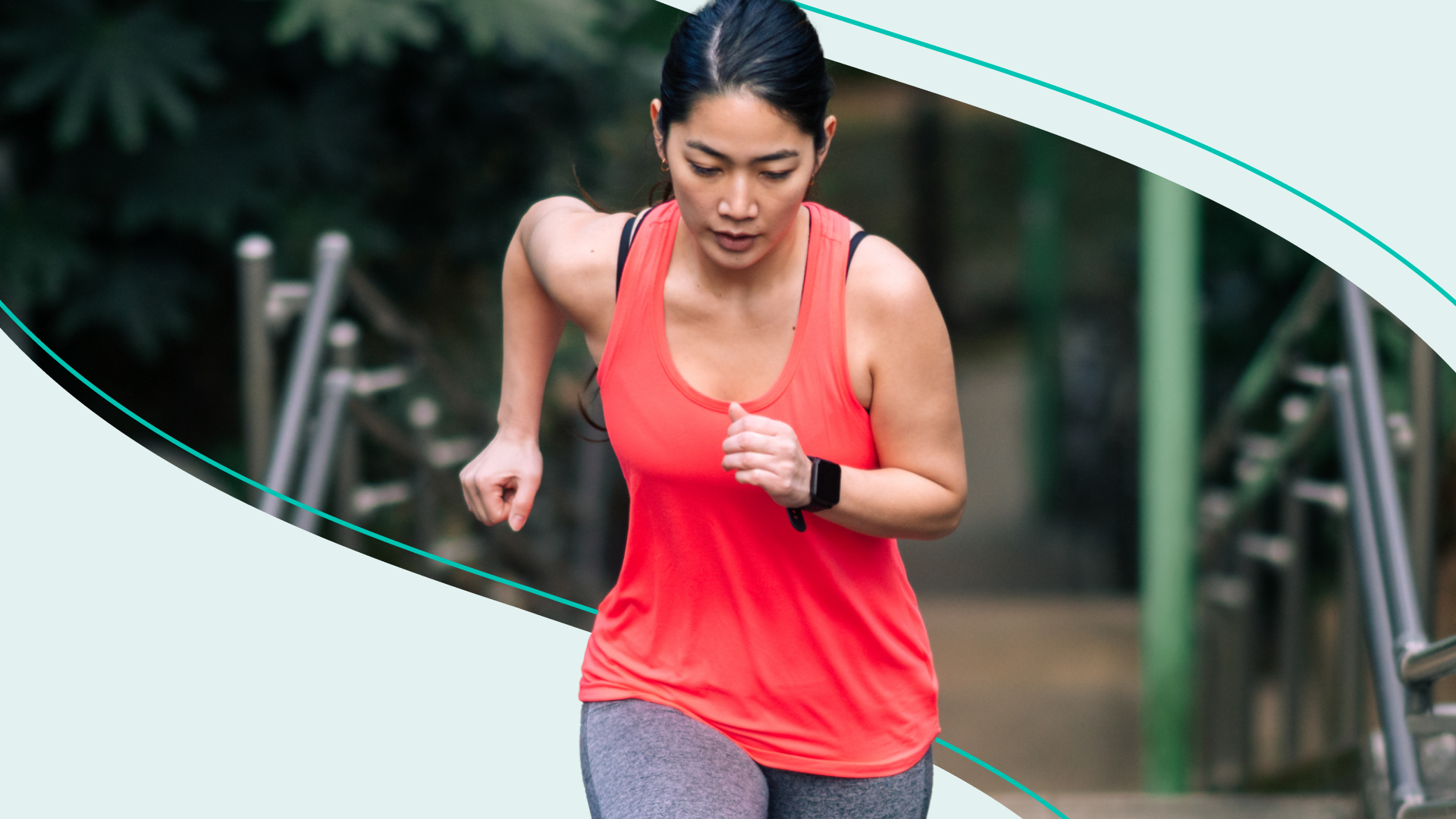It can be tough figuring out how to keep your physical and mental health in check, especially with everything going on in the world. That’s where exercise can come in, whether it’s an intense Peloton session or a deep, calming yoga stretch. The hormones released when you move come with tons of benefits, from boosting your mental health, regulating your metabolism, and acting as natural pain relievers.
Which hormones are released during exercise and what do they do?
Human Growth Hormone (HGH)
This hormone is produced in the brain’s pituitary gland. It’s the body’s “master gland” because it controls all the other glands. HGH is what helps you grow when you’re a child and teen. It also helps maintain your sugar and fat metabolism, and muscle and bone growth.
Some studies show that resistance training and high-intensity workouts can raise HGH production. Using heavier weights causes more HGH production. That might help boost metabolism and build muscle mass. There are HGH treatments out there, but they’re currently only approved for use in people with deficiencies and related conditions due to HIV. There are supplements out there that claim to raise HGH levels, but there’s no evidence to support their benefit, according to the Mayo Clinic.
Endorphins
Paging Elle Woods. These make up what some call “feel good” hormones. They’re released during activities like sex, eating, and exercise. There are about 20 different types and they can help boost your mood and reduce feelings of stress and anxiety. They do so by acting like a natural pain reliever — activating the same parts of the brain that morphine does.
Scientists once thought endorphins were responsible for the supposed “runner’s high” (that euphoric feeling you get after a hard workout.) New research suggests it actually comes from the release of another naturally occurring molecule called endocannabinoids. (Say that five times fast.) They act on the same system triggered by THC, the active chemical in marijuana. Still, that doesn’t mean the “runner’s high” and endorphins you release through physical activity won’t make you feel great.
To increase your endorphin levels, try…
Swimming
Dancing
Jogging
Sex
Testosterone
Yes, it’s the male sex hormone. Despite its nickname, the ovaries and adrenal glands actually produce testosterone in addition to estrogen. Testosterone helps maintain female reproductive tissue, bone health, libido, and mood. A study from 2001 found that resistance training triggered a testosterone increase and impacted fat distribution. Testosterone also plays a role in muscle mass.
To boost testosterone naturally, try…
High intensity interval training (HIIT)
Weight lifting or resistance training
Is that all for the hormones released during exercise?
There are two other chemicals that are often called “happy hormones,” but they’re not actually hormones: dopamine and serotonin. Both are actually neurotransmitters (chemical messengers in the brain) that regulate a variety of processes in the body.
Dopamine
It regulates things like your heart function, happiness, and possibly the way you process pain. It’s also linked to feelings of pleasure, reward, and motivation (like getting off the couch to exercise). Which means it can make you feel motivated, focused, and generally happy.
To increase your dopamine levels, try…
Exercising
Spending time outdoors
Serotonin
It’s believed to regulate your overall mood, digestion, and sleep. While the verdict is still out on whether low serotonin levels cause depression, it’s often treated with medicine that’s meant to boost serotonin levels, called SSRIs. Both serotonin and dopamine may be linked to improved memory.
To boost your serotonin levels, try…
High-intensity exercises like sprints, squat jumps, or burpees
Low-intensity exercises like yoga or pilates
theSkimm
Exercise helps to release a bunch of hormones and other chemicals into the body. It can have an overall positive effect on you, both physically and mentally. Especially since it may also help to lower stress hormones like cortisol and adrenaline. Don’t overdo it, though. Your body also needs balance and rest.
This content is for informational and educational purposes only. It does not constitute a medical opinion, medical advice, or diagnosis or treatment of any particular condition.
Subscribe to Skimm Well
Sign up here to receive our wellness newsletter filled with actionable advice, expert-vetted content, product recs, and more — delivered directly to your inbox.






